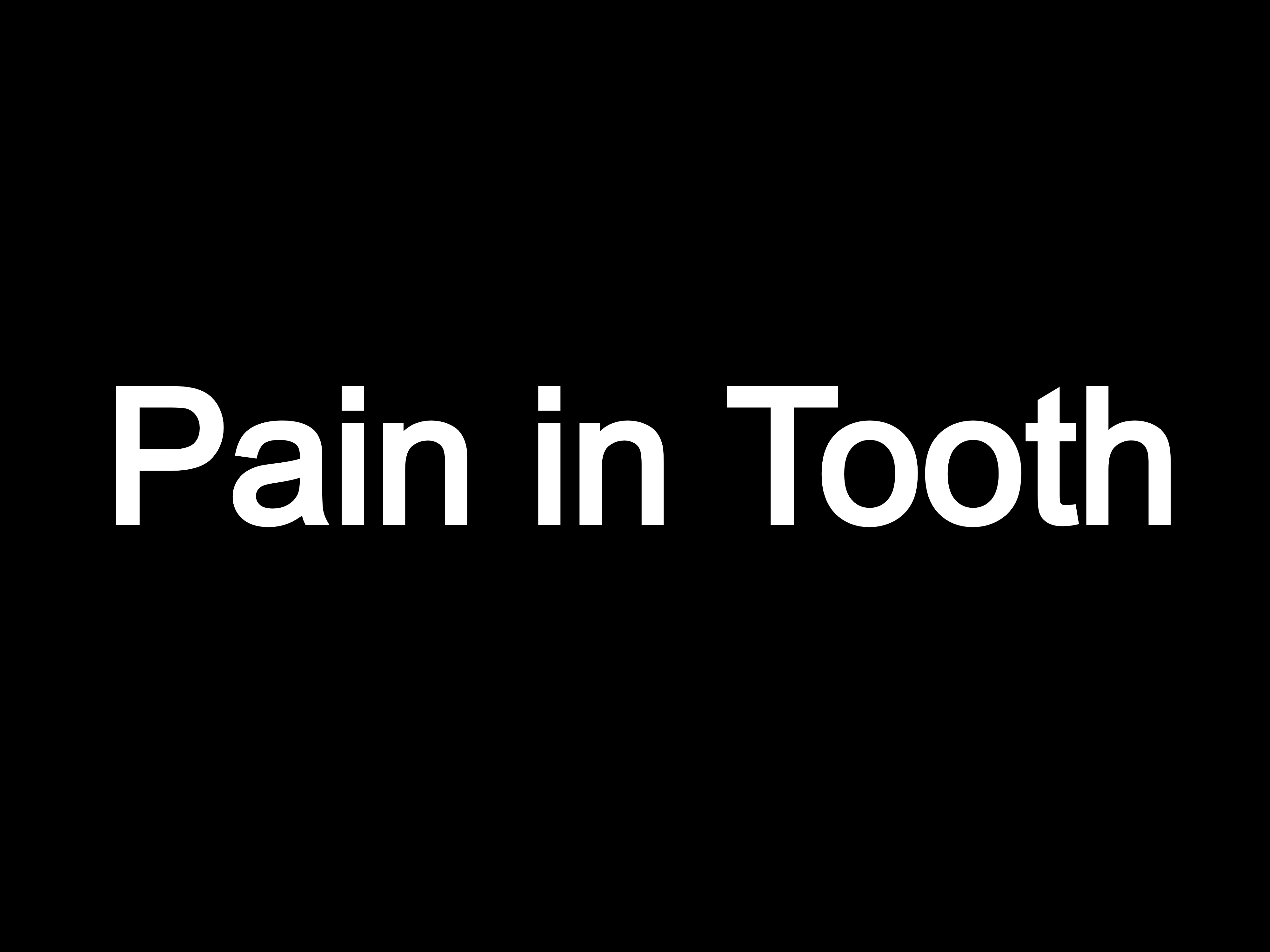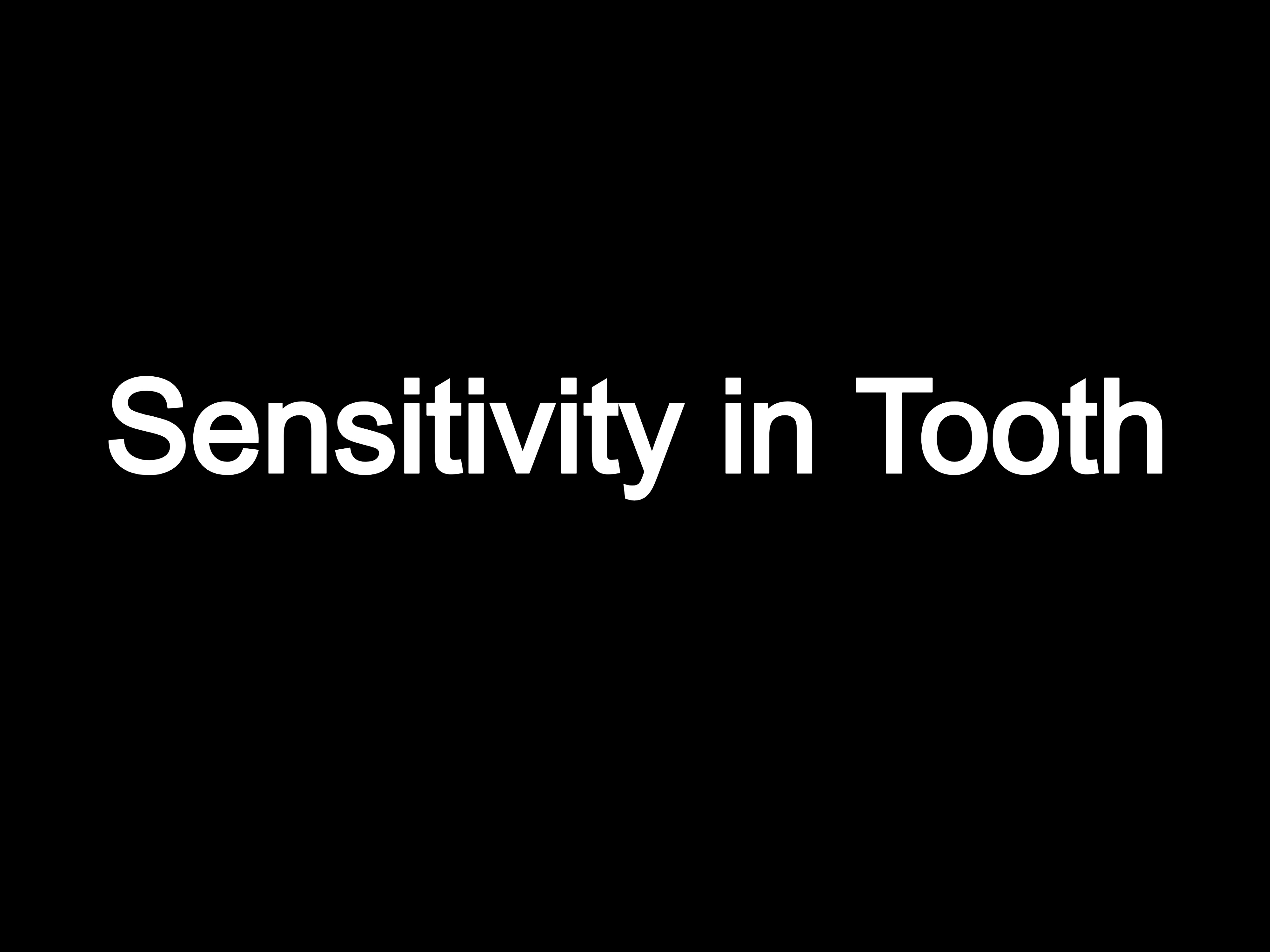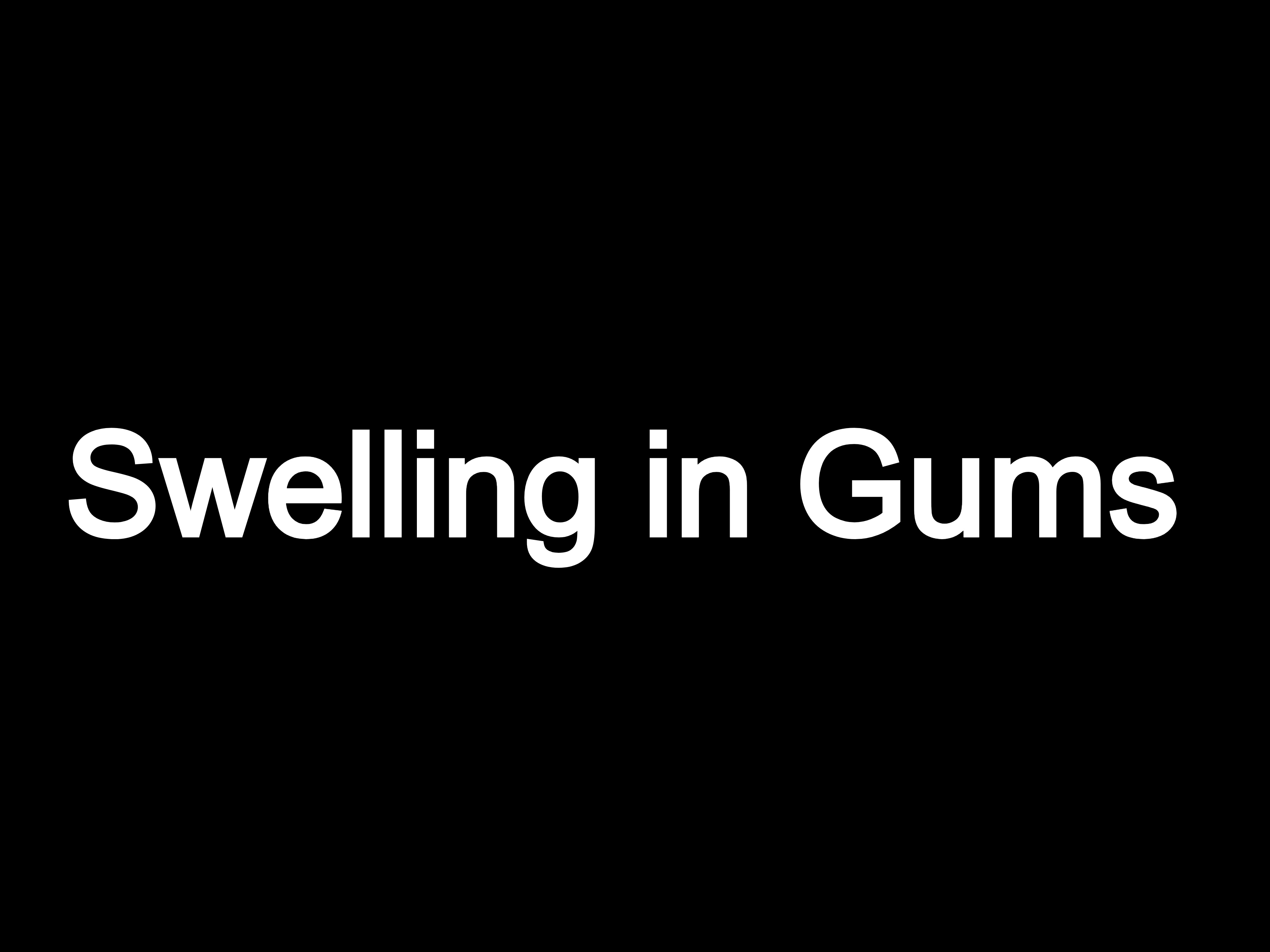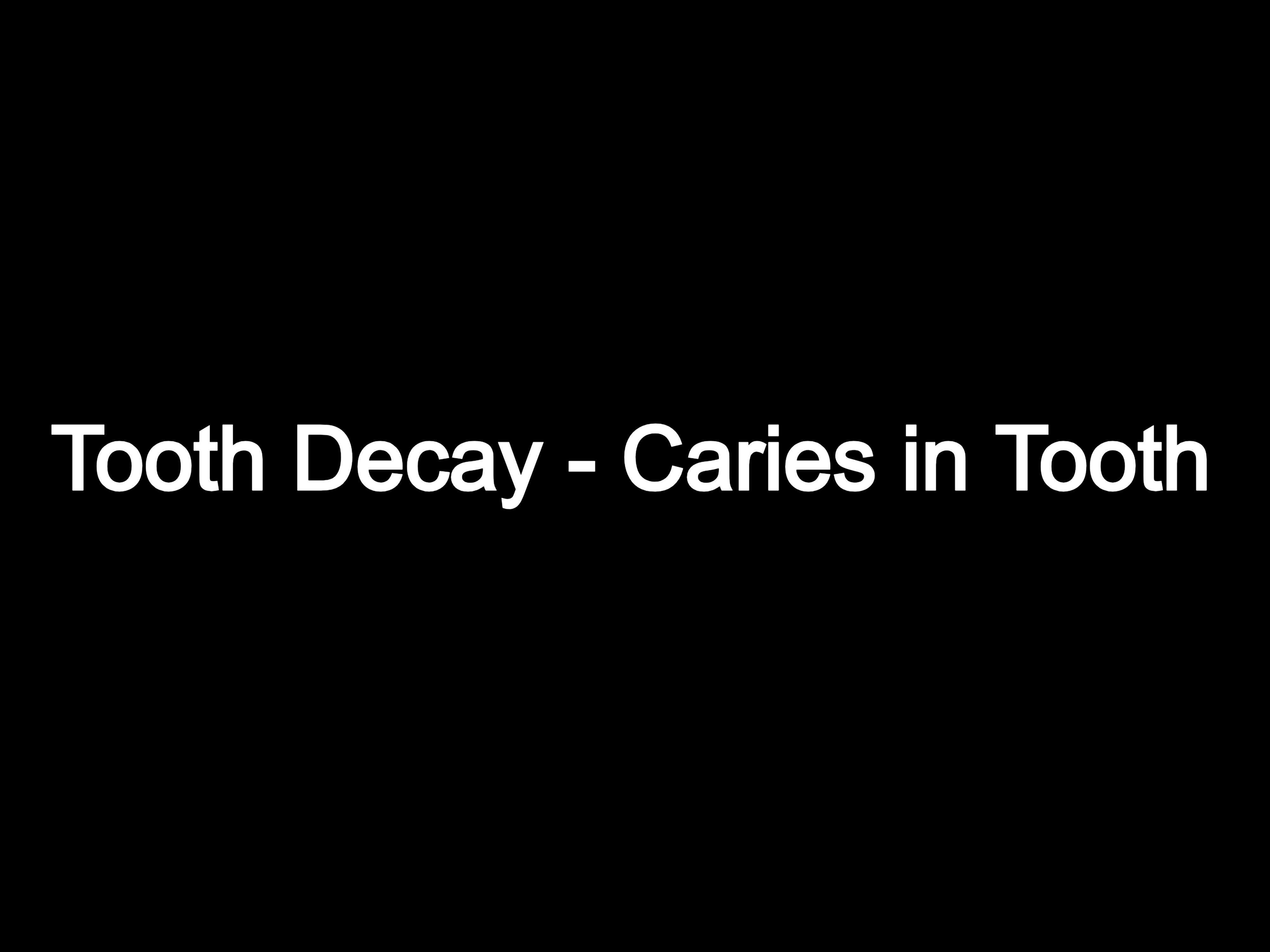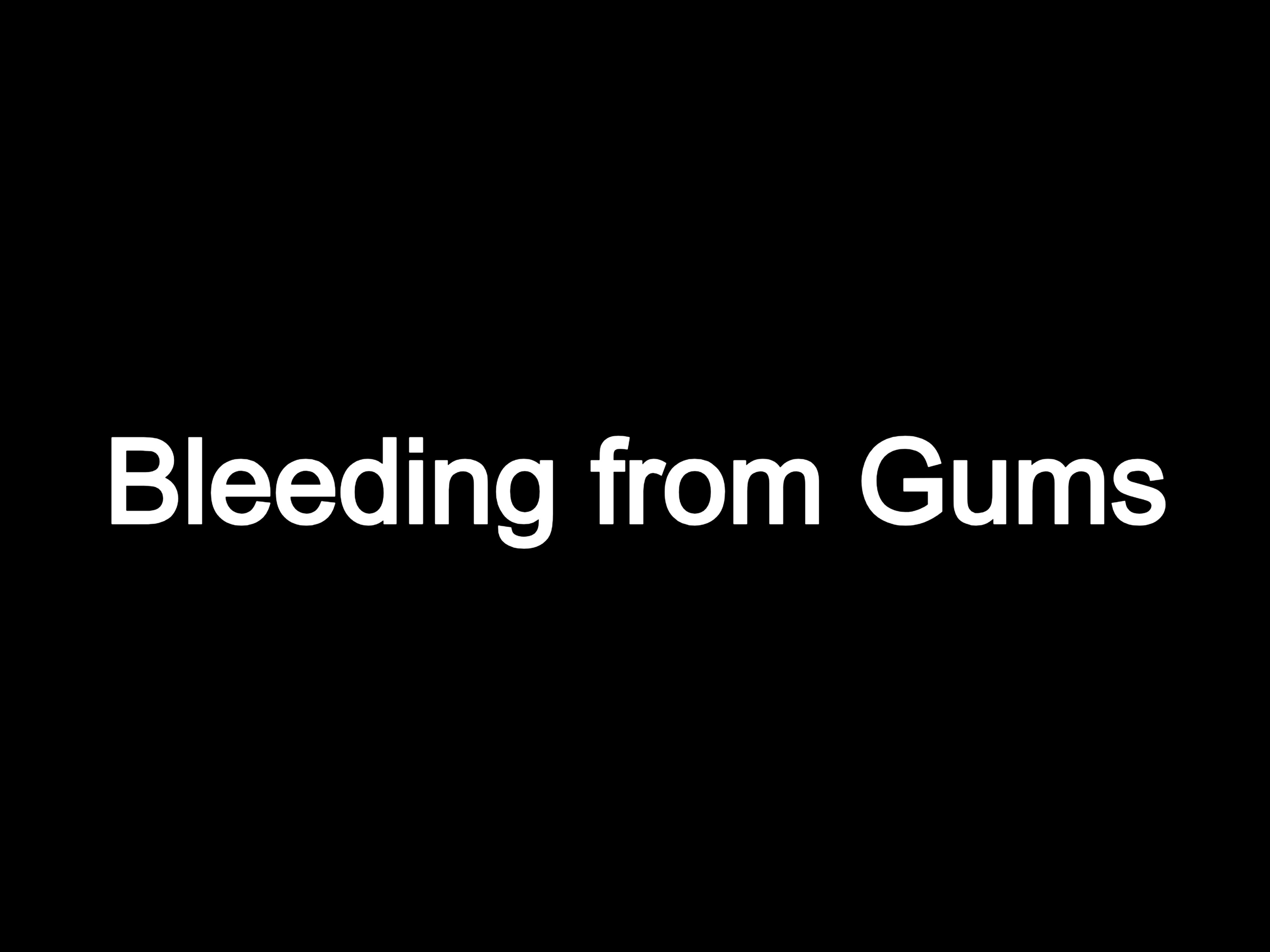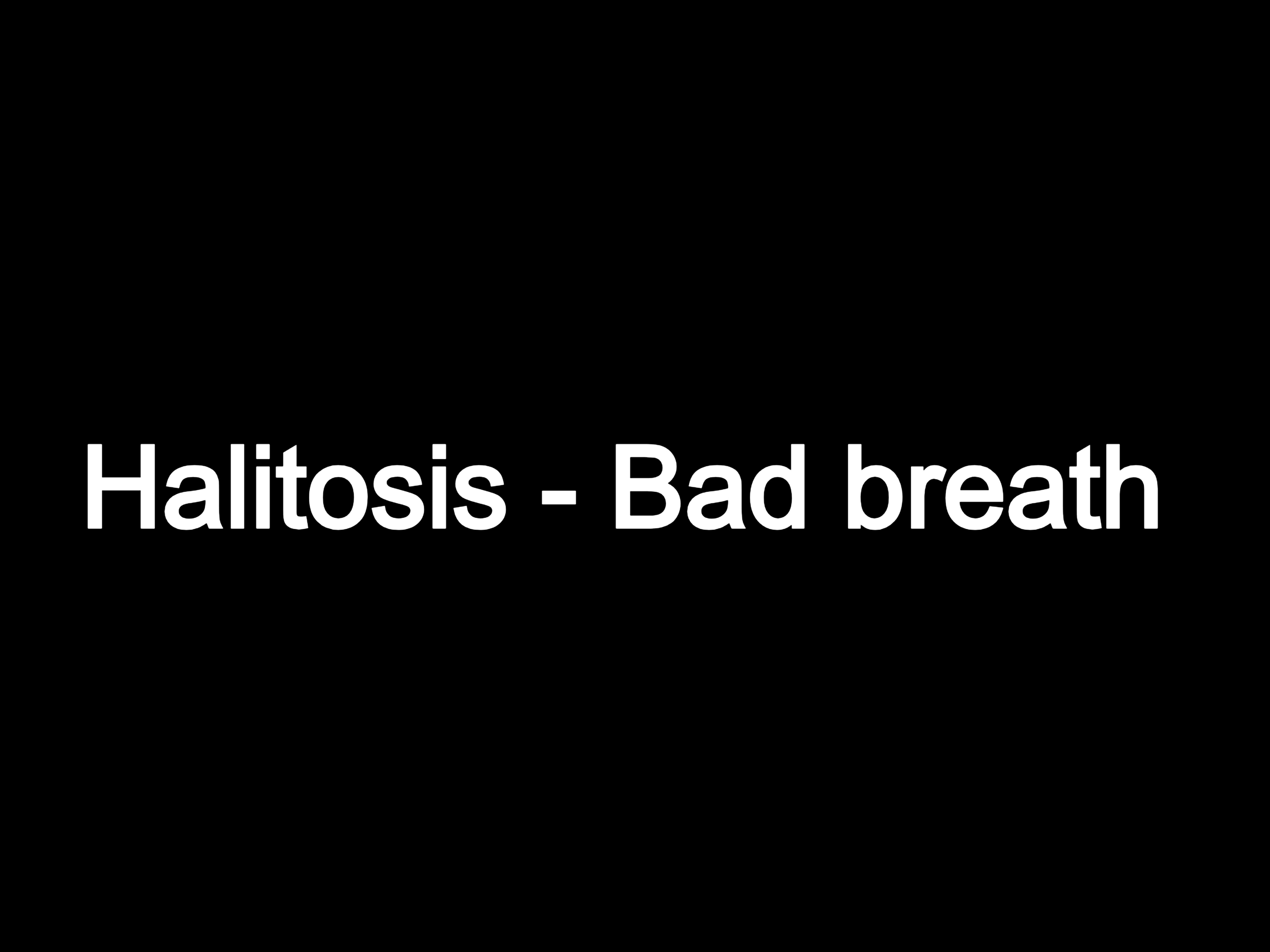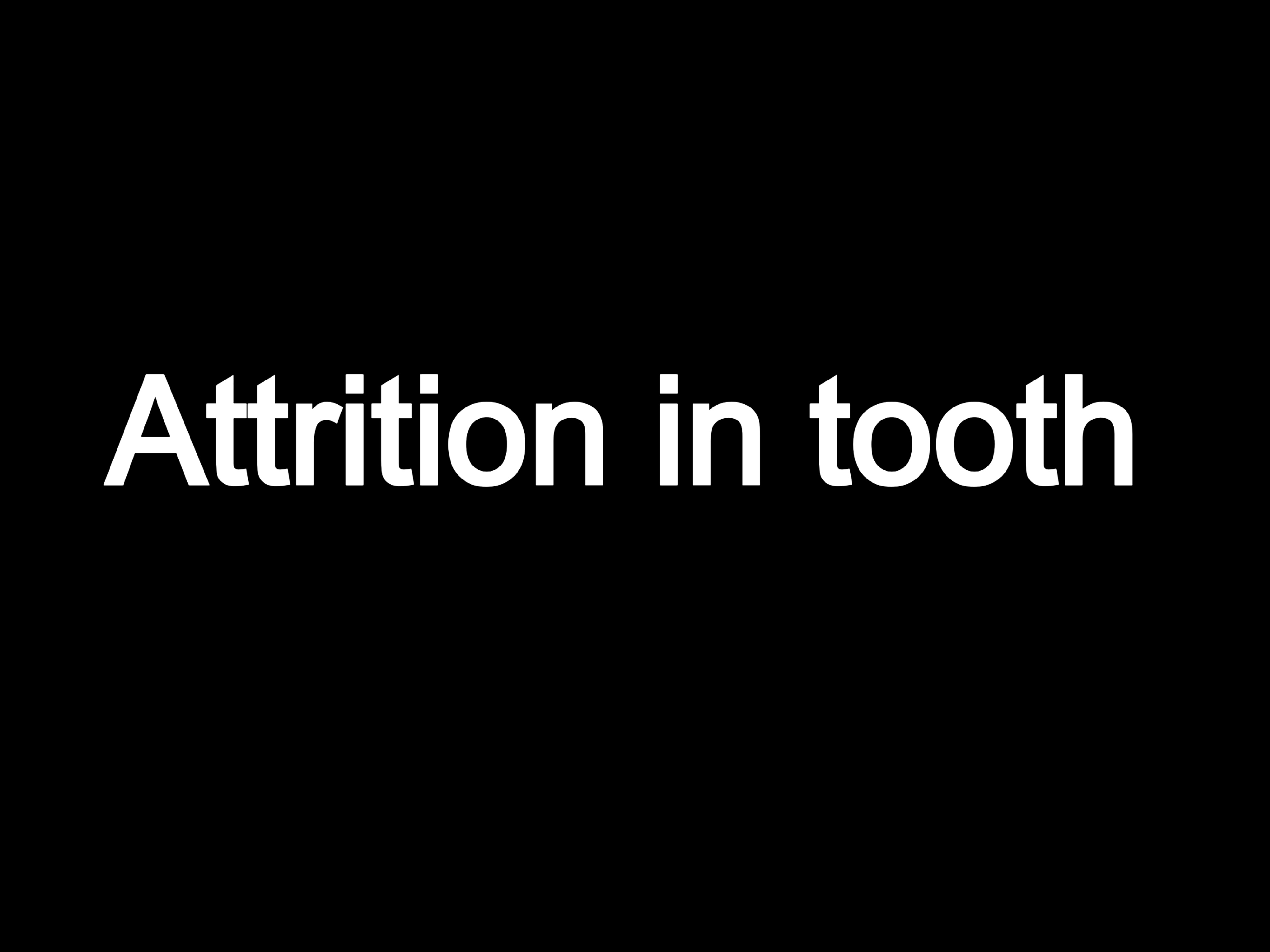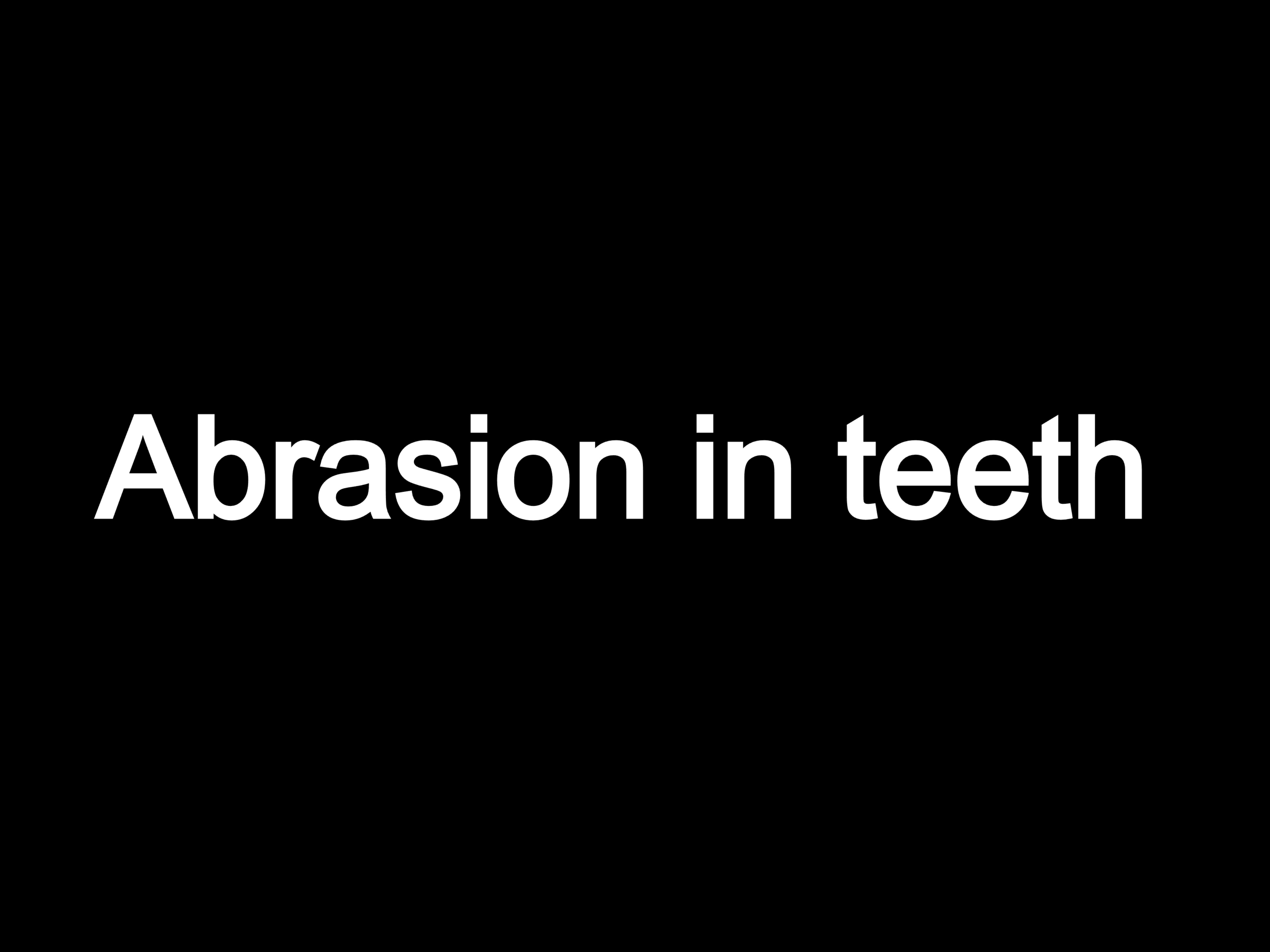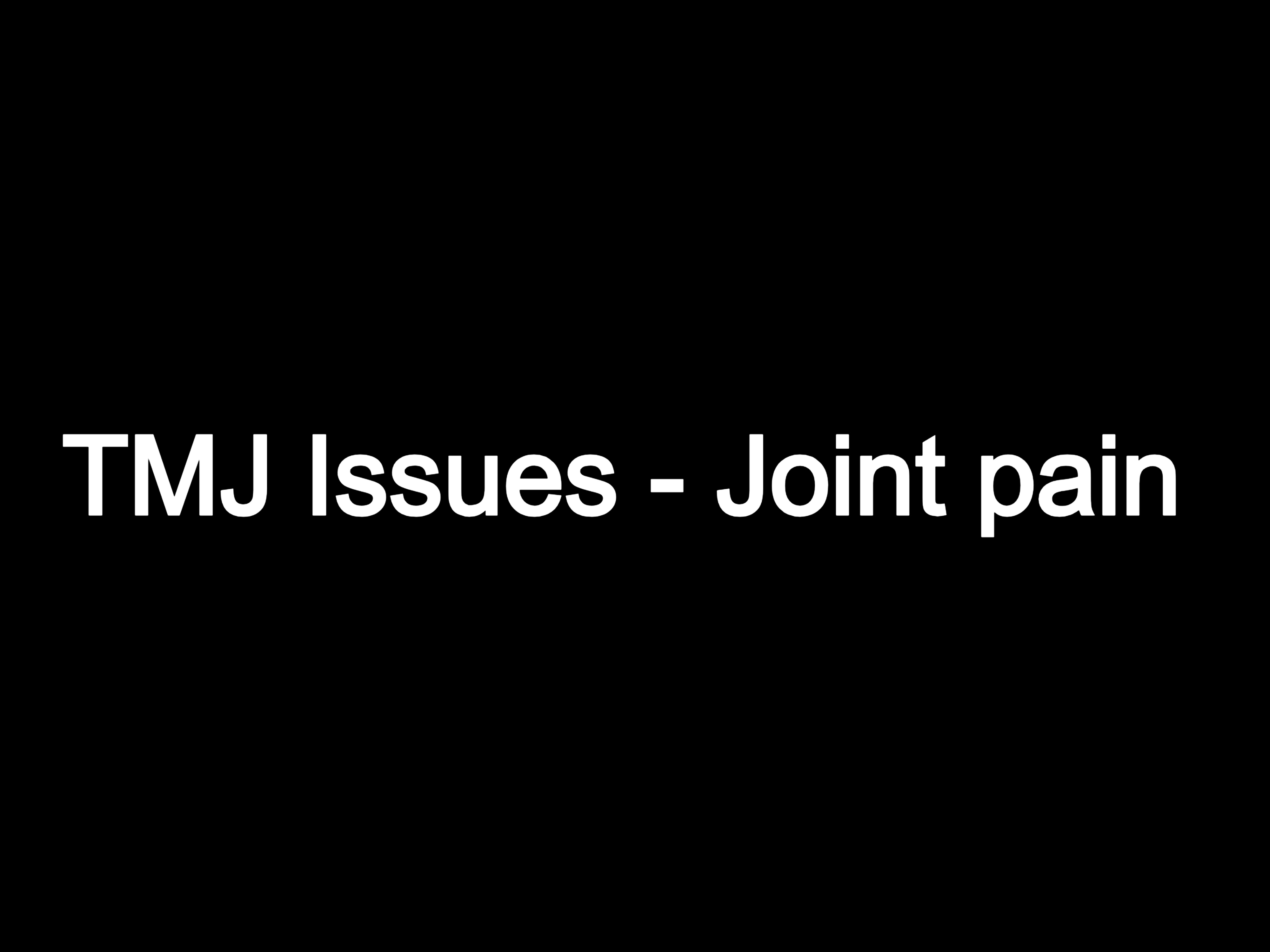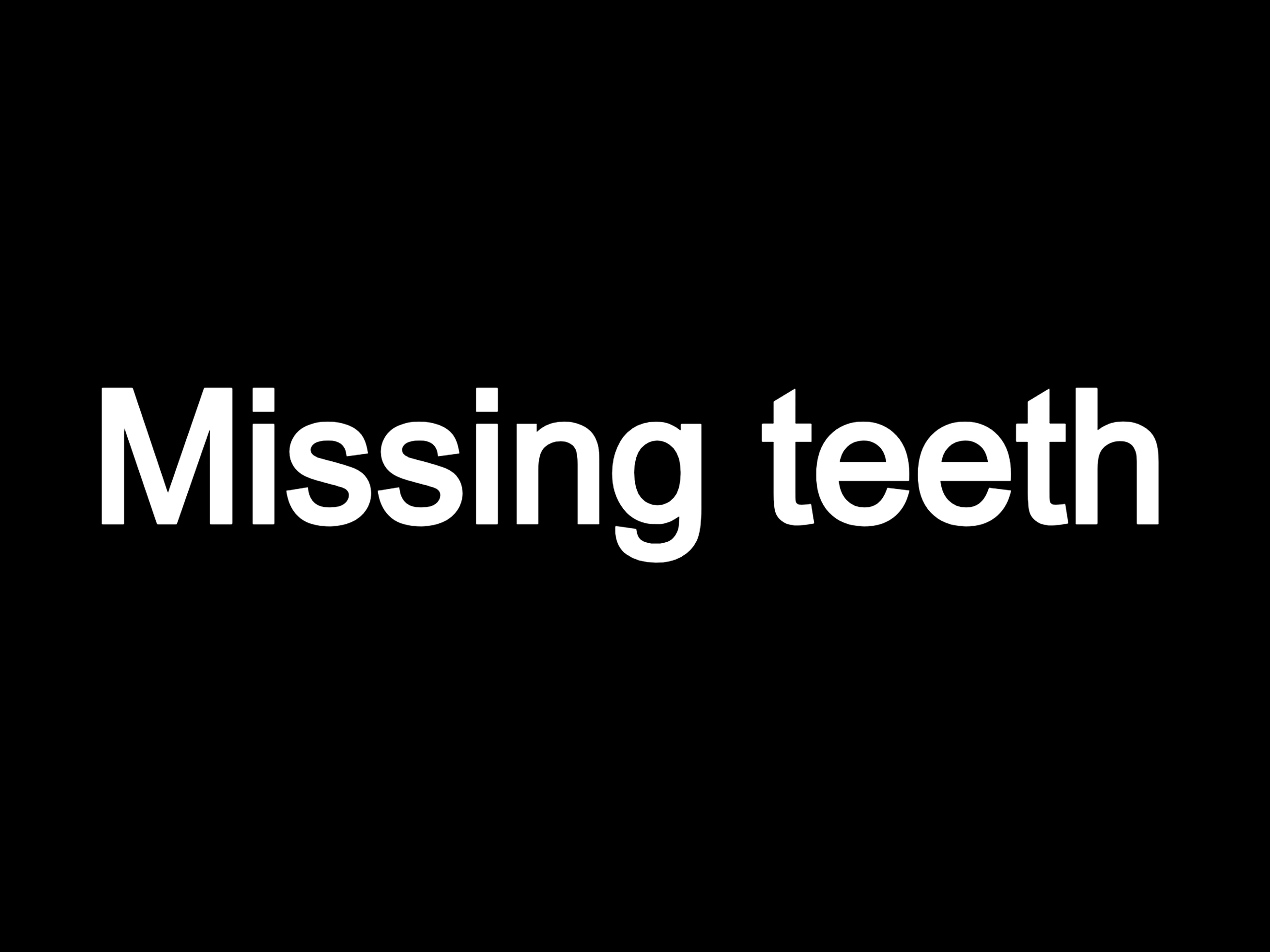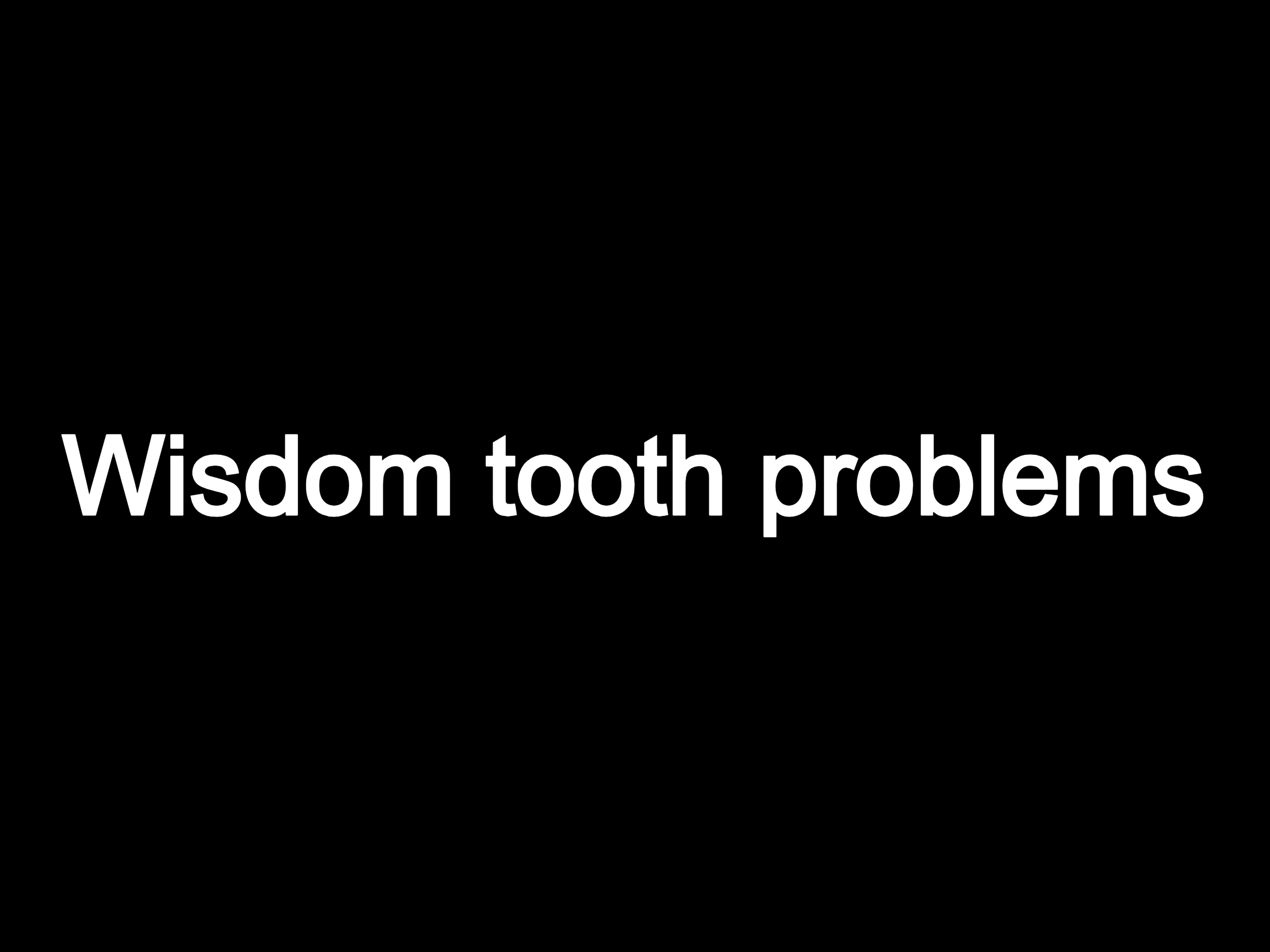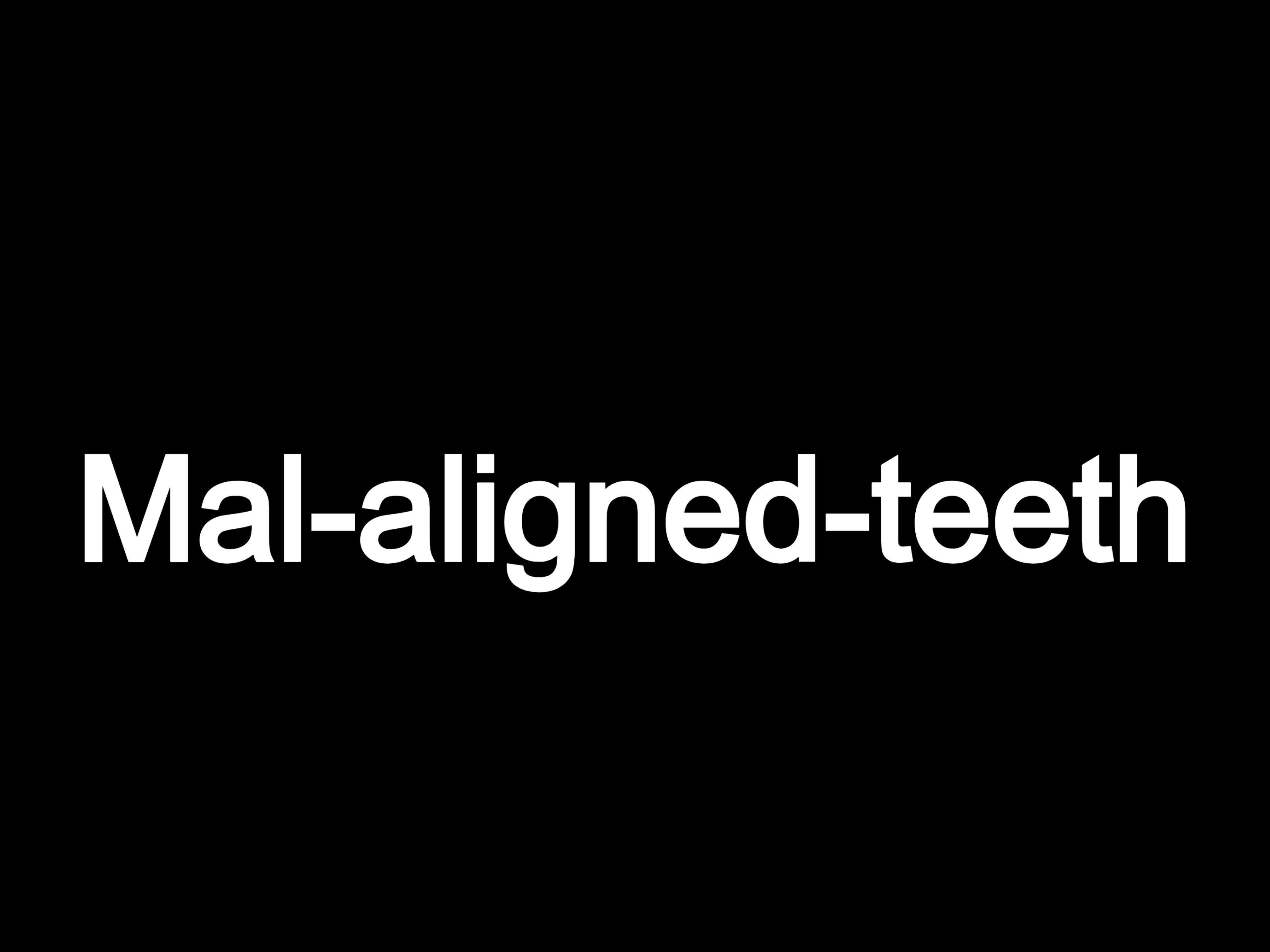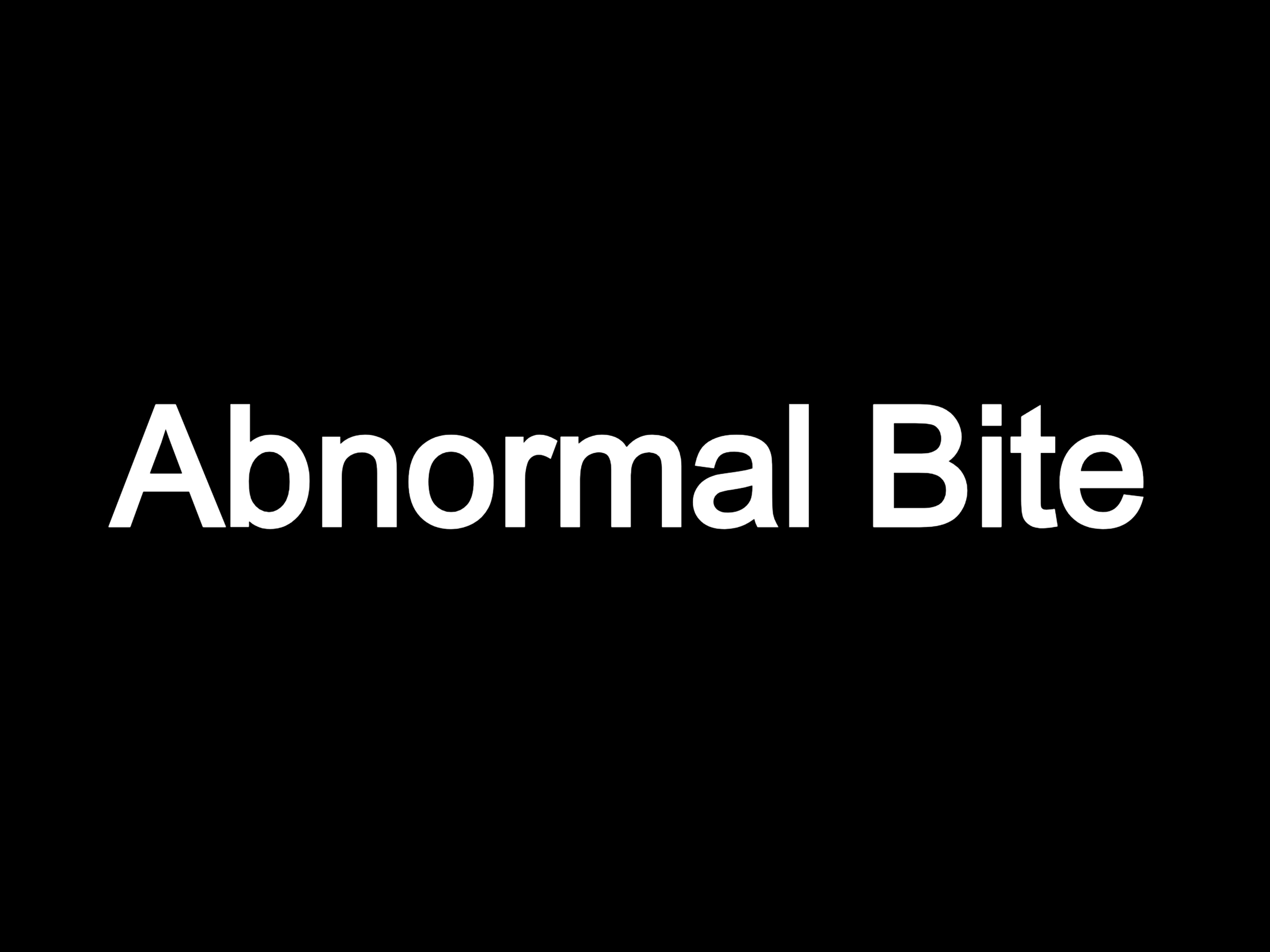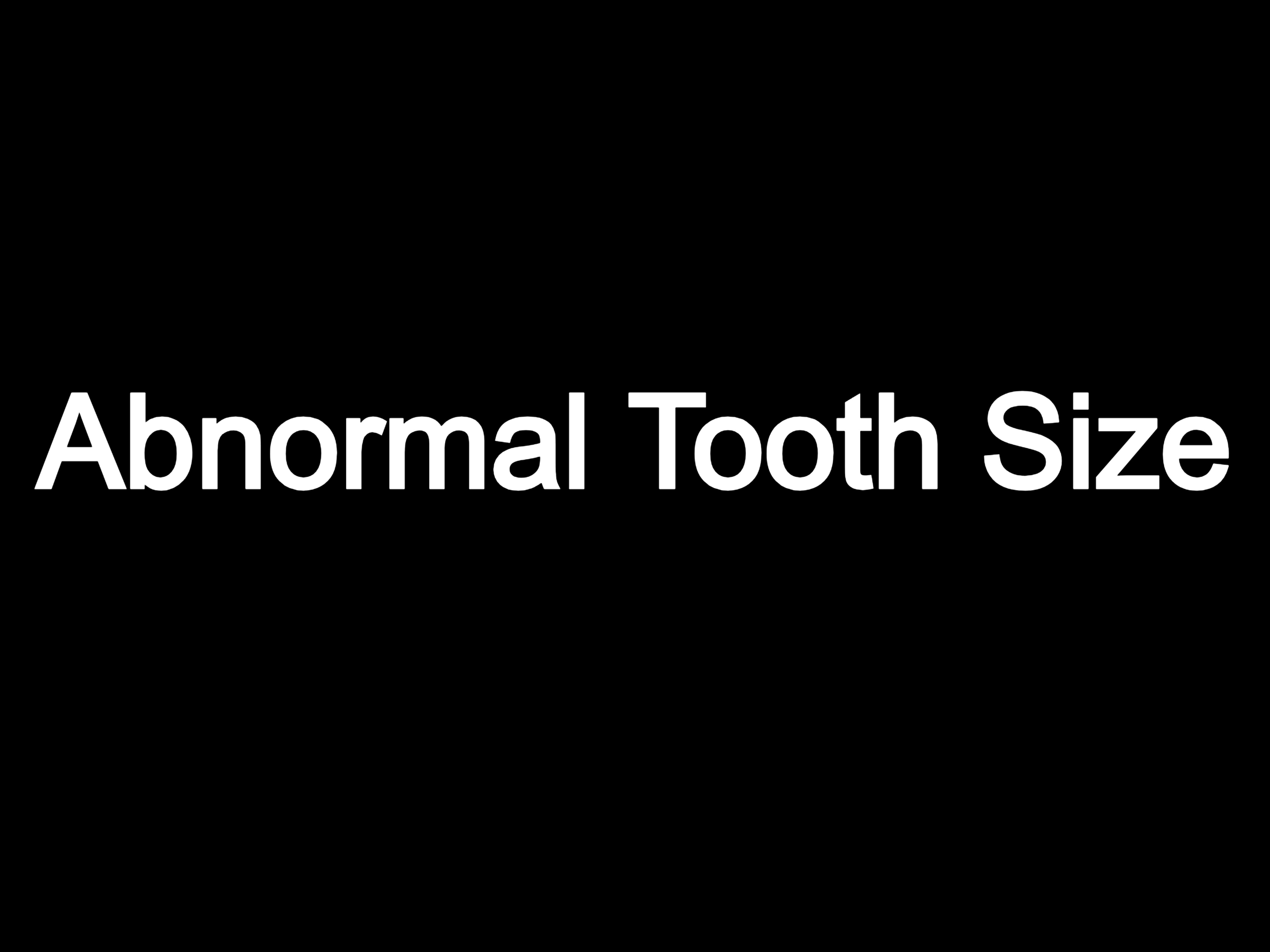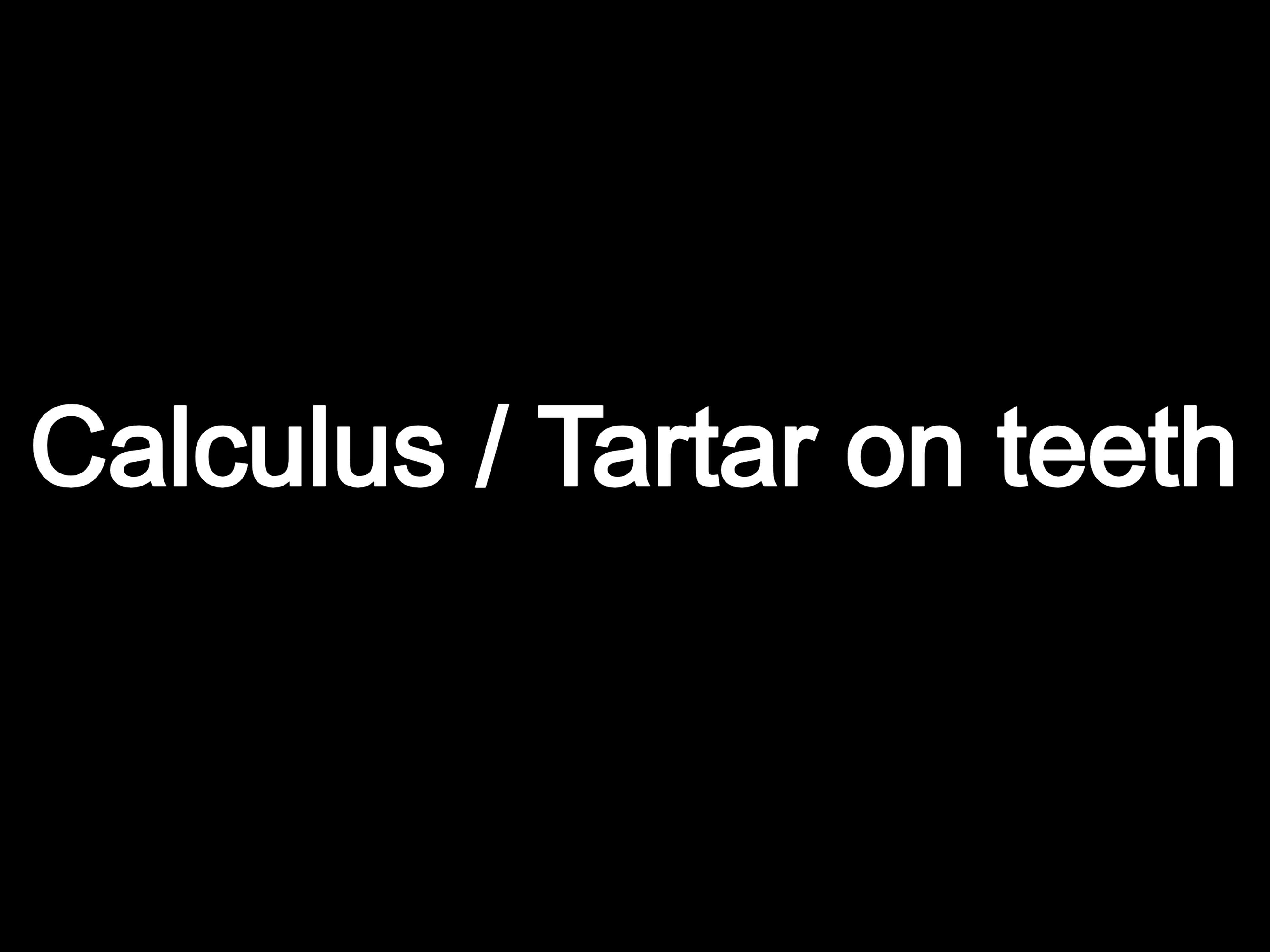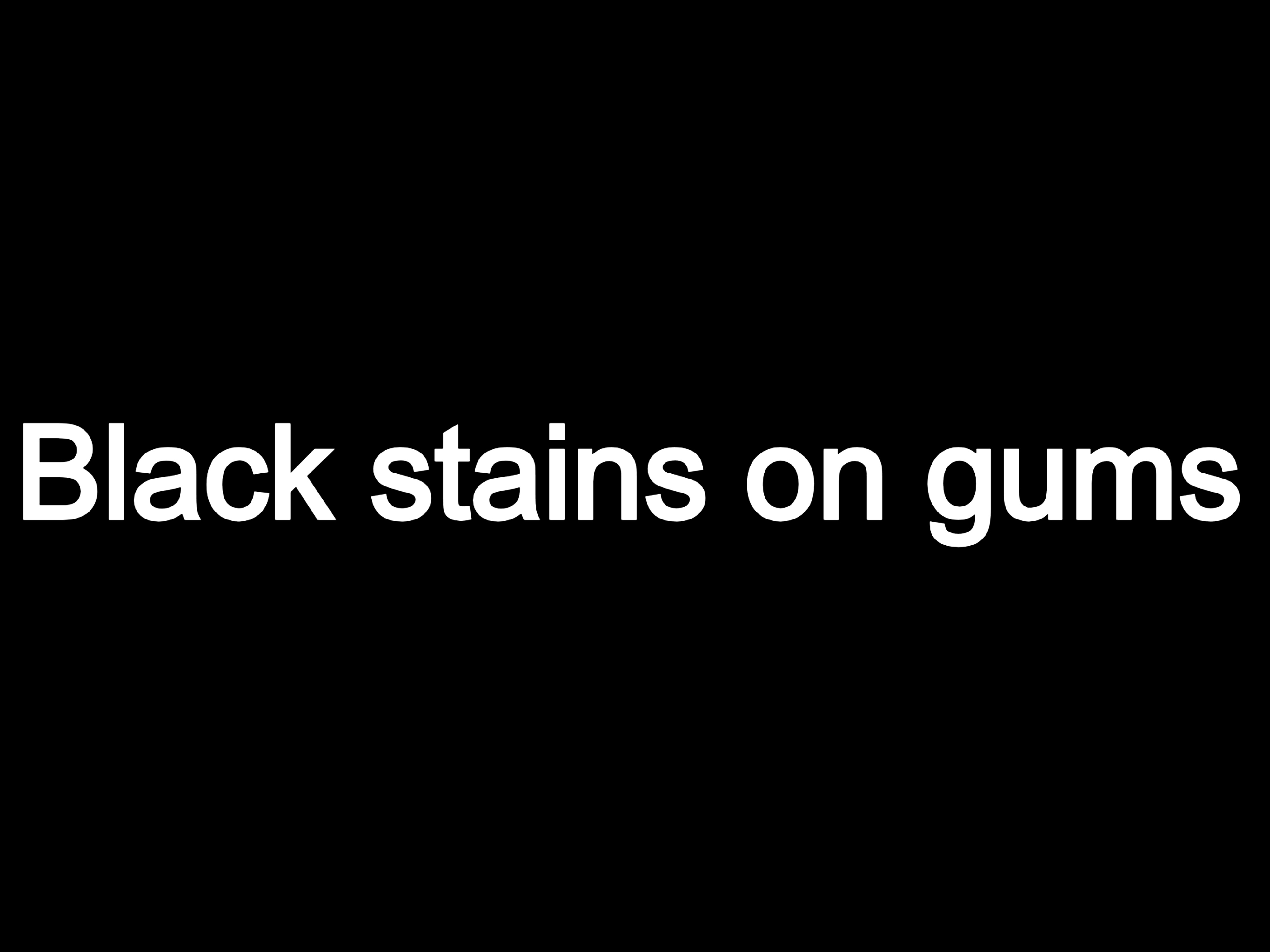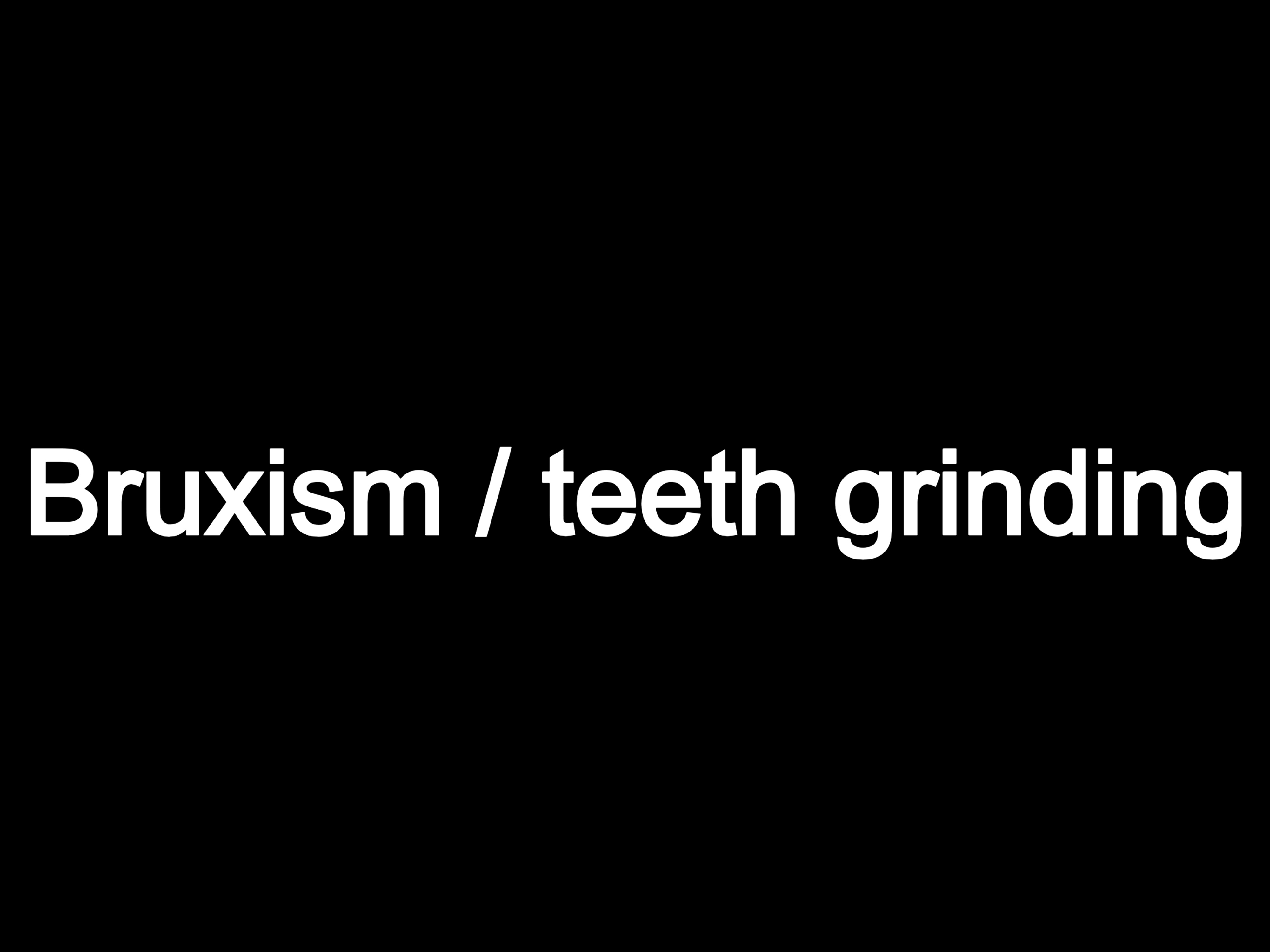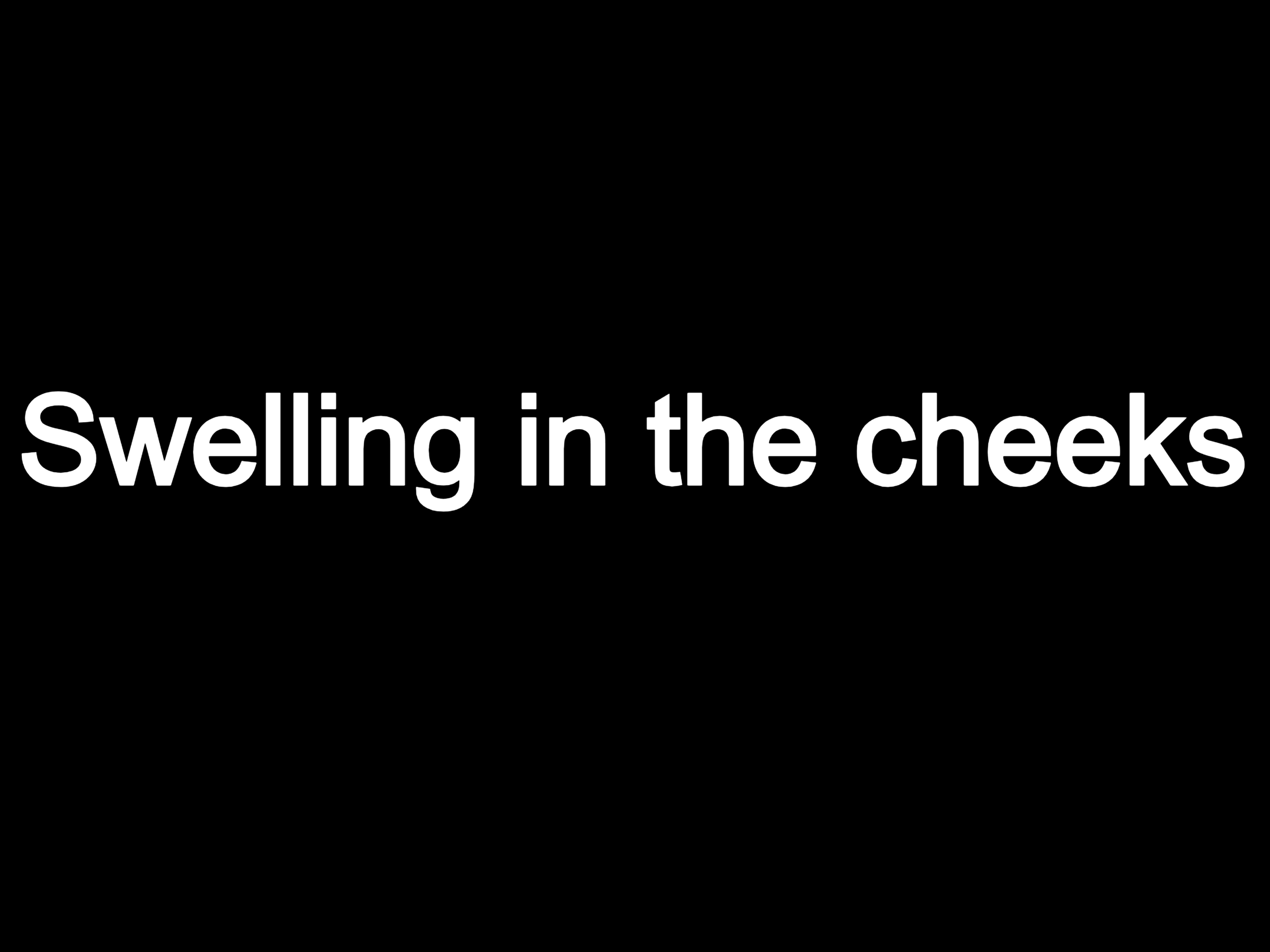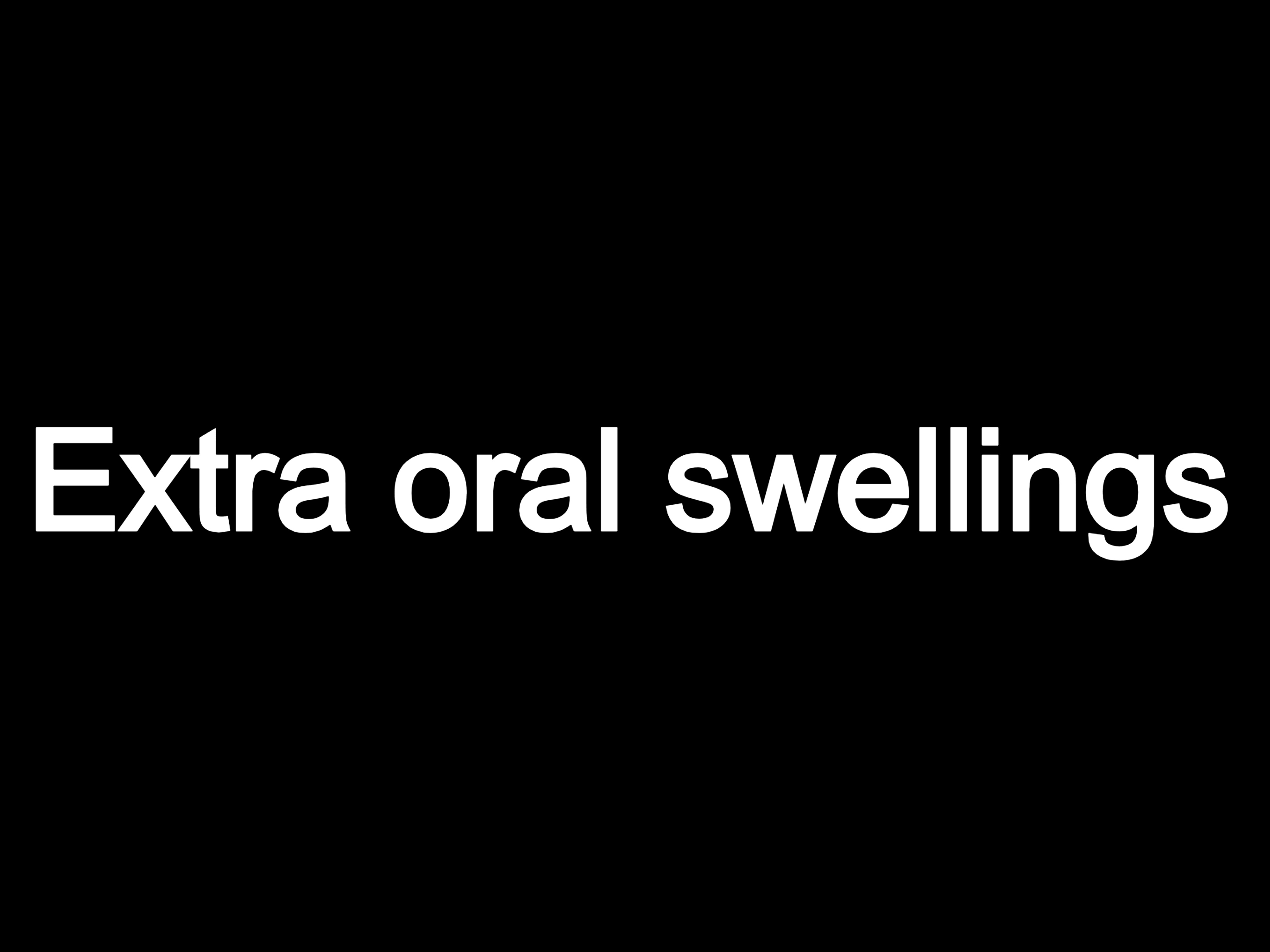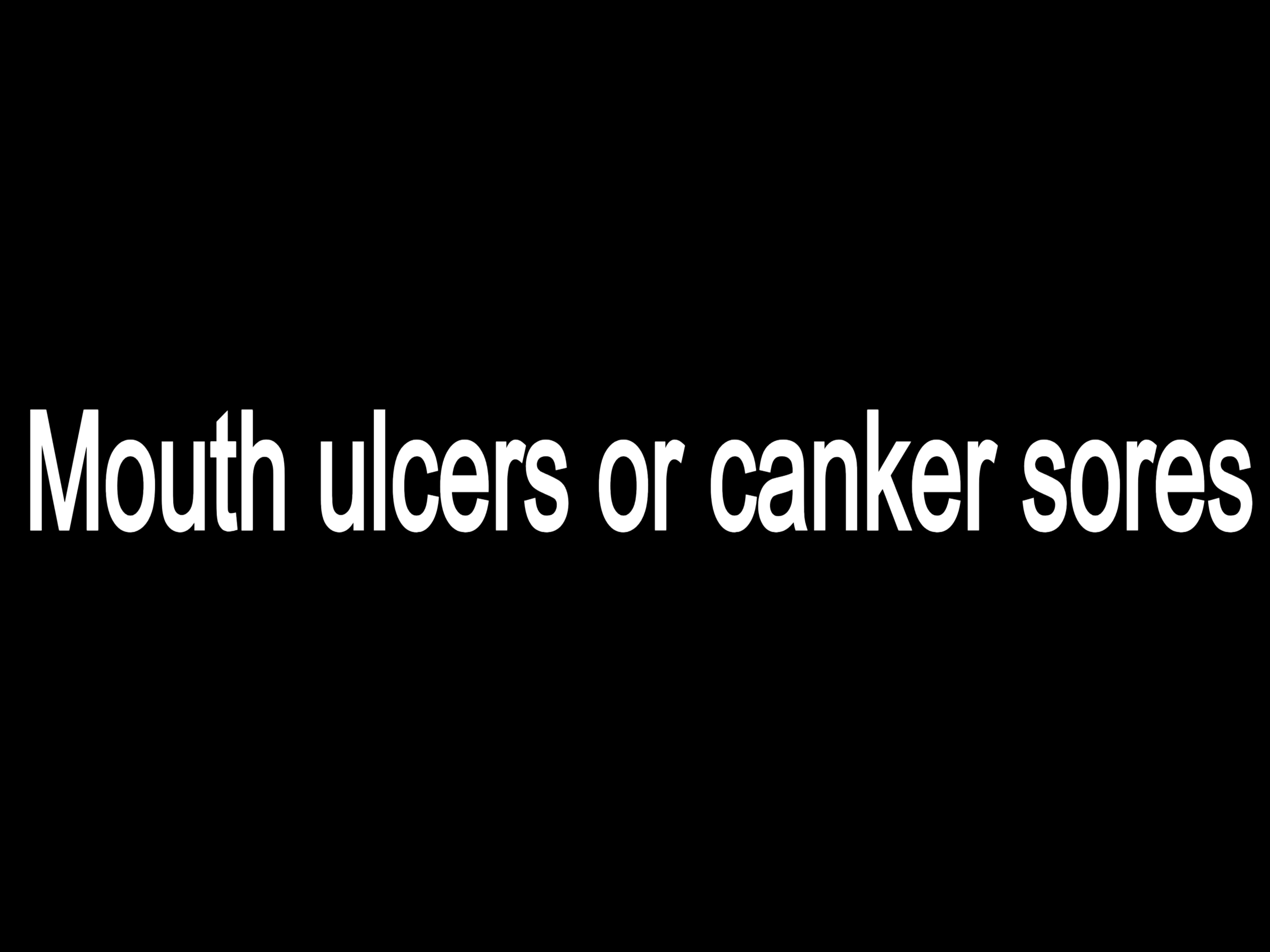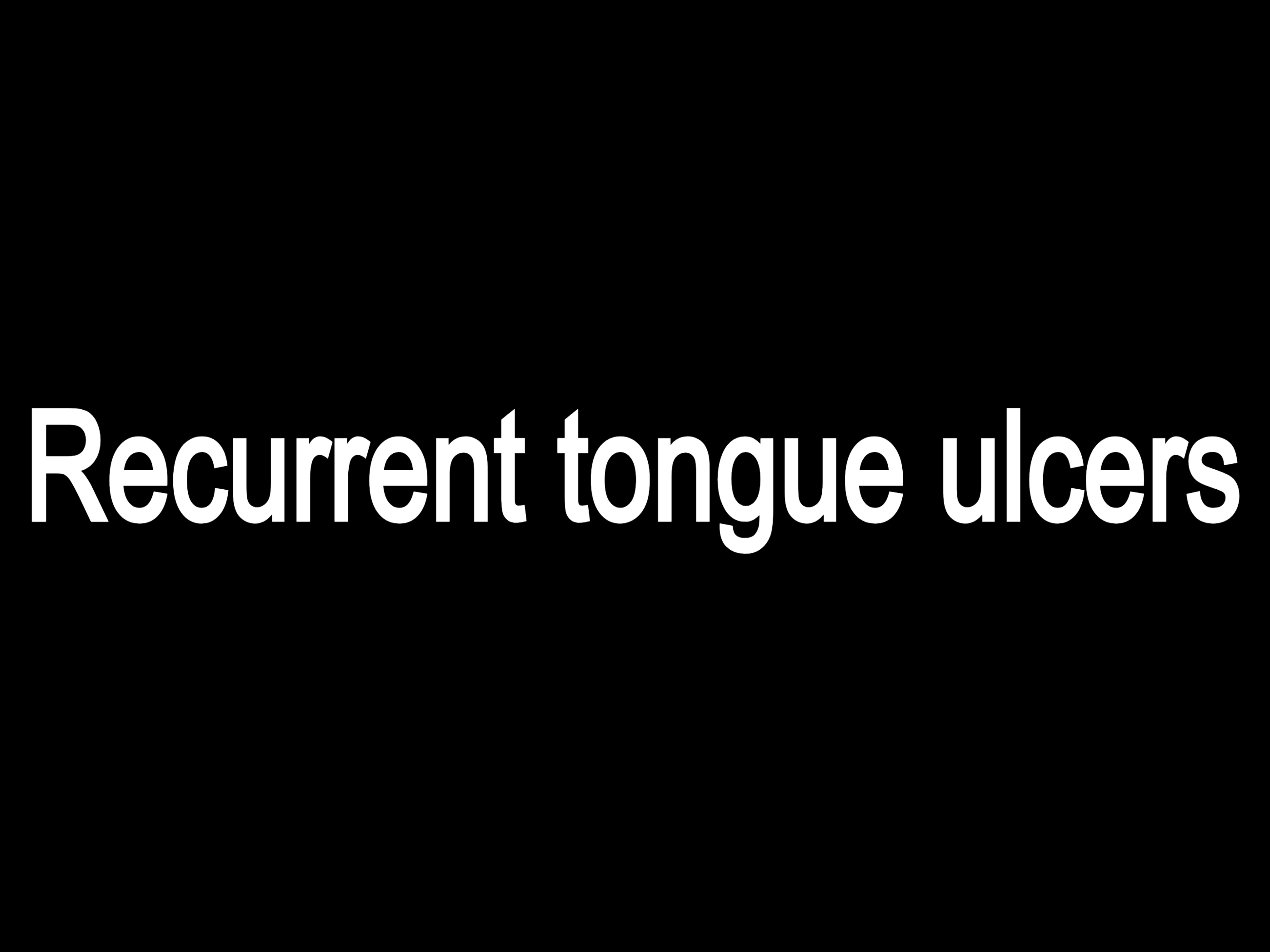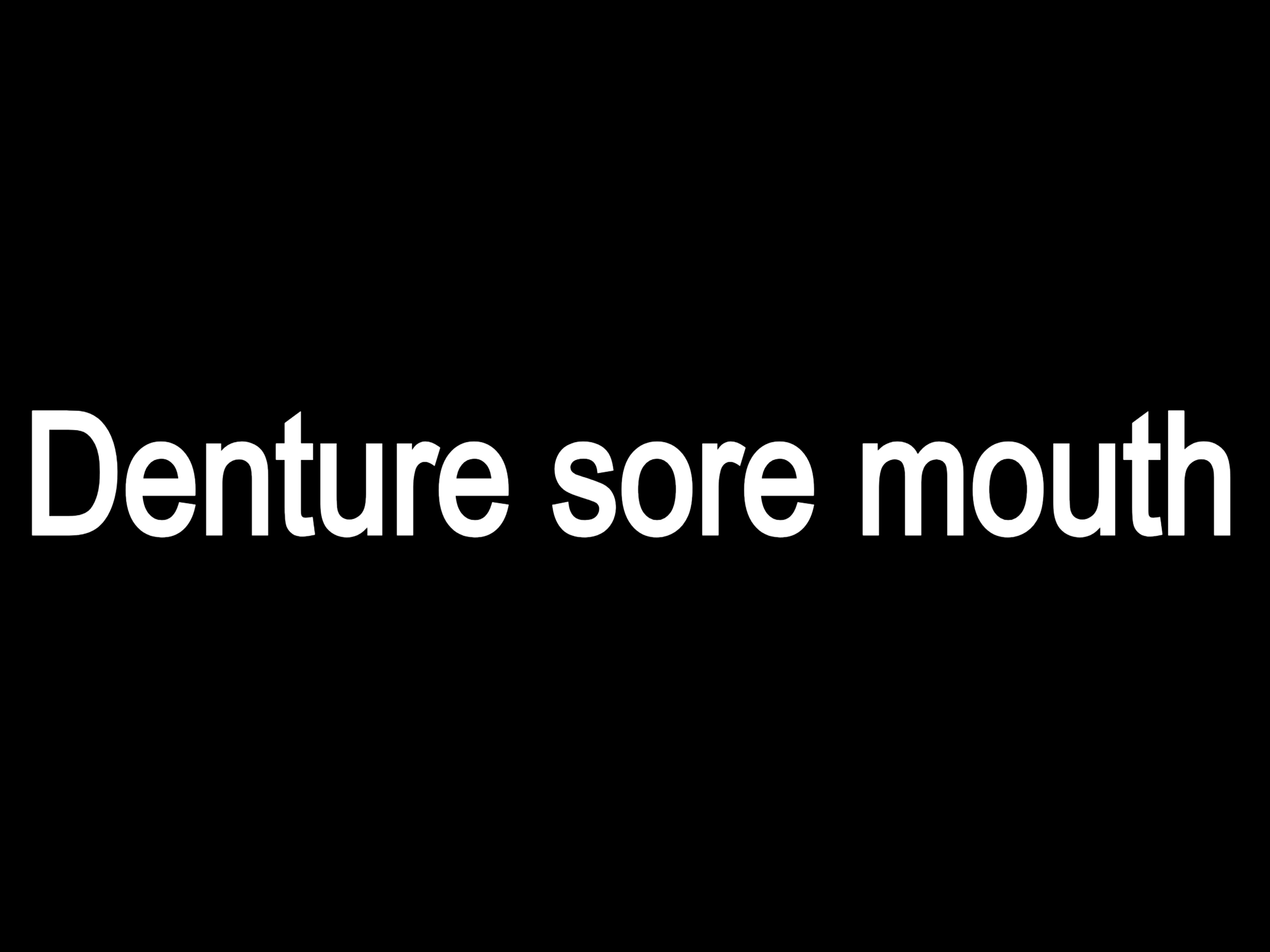Pain in tooth
What - Usually it is concentrated to perticular tooth but in many cases we feel radiating pain along the nerve course means part of jaw or face, even ear pain and headache.
Why - It is due to infected pulp or abscess below tooth, many times failed previous dental treatments.
Sensitivity in teeth
What - You may feel mild to moderate sensations / currents while using perticular tooth or side of jaw.
Why - It usually happens due to recession of gums, attrition in teeth, trauma from occlusion, abrasion in teeth ( excessive brushing), Erosion in teeth ( excessive intake of citrous food ) or Cavities in teeth.
Swelling in gums
What - We can see mild to moderate bulge in gums near tooth which may or may not be painful and with or without sinus tract with pus.
Why - It is due to infected pulp or abscess below tooth, excessive food accumulation inside gums which eventually rottens and create pockets in gums, many times failed previous dental treatments.
Tooth Decay - Caries in tooth
What - You can see small pits or black lines or visible hole on any surface of a tooth, sometimes part of tooth is even fractured if cavities are really deep.
Why - It usually happens due to accumulated food and bacterial action on it which causes acidic byproducts which further dissolves calcium of tooth surface involved and a hole is created which increases in size over a period of 3 to 5 years.
Bleeding from gums
What - We can see mild to moderate yellow staining on surfaces of teeth, also accumulation of calculus layers on difficult to clean areas of teeth.
Whenever poked with brush or hard stuff usually associated with bleeding in gums.
Why - It is due to improper tooth brushing habits and lack of awareness regarding Interdental Brushes, Floss, Mouth Washes and missed regular Scaling ( Teeth Clening) by dentists.
Habits - Tea, coffee, smoking, Paan eating habit, tobacco in any form, sometimes medicines.
Halitosis - Bad breath - Bad odor from mouth
What - It is a condition characterized by an unpleasant or foul odor originating from a person's mouth when they exhale.
It can be a temporary or chronic issue.
Why -
Poor Oral Hygiene,
Failure to maintain cleanliness of tongue,
Dental Issues,
Food and Beverages,
Dietary choices,
Dry Mouth,
Smoking,
Acidity reflexes,
Medical Conditions
Attrition in tooth
What - You can see sharp edges or depressions on occlusal surfaces of few teeth or even whole arch, as Enamel outer layering of tooth got weared off rapidly in recent few years and usually associated with sensitivity or pain in teeth.
Other Symptoms - Sensitivity in many teeth, Pain while Chewing, Pain radiating near ears and TMJ joint issues ( Difficult in opening and closing, pain in joints) Sometimes Headache.
Why - The most common cause of dental attrition is bruxism, the grinding and clenching of the teeth that occurs during sleep, usually due to muscle hypertonicity or tension.
- temporomandibular joint disorders (TMD) within your jaw.
- bite misalignment.
Abrasion in tooth
What - Tooth abrasion is the wearing down of tooth enamel and structure usually seen near the gum line.
Over time, tooth abrasion can lead to tooth sensitivity, enamel loss, and increased susceptibility to decay.
Why - Tooth abrasion occurs primarily due to repeated mechanical friction on the tooth surface from brushing too hard, using abrasive toothpaste, or engaging in habits like using teeth as tools for tasks like tearing open packages.
TMJ Issues - Joint pain
What - You can feel pain while opening and closing jaws and many times radiating pain near ear or tinnitus in ear + Clicking in joints or even locked jaw in severe cases.
Why - It usually happens due to improper eating habits ( using only one side of mouth ), Bruxism ( Night Clenching ), Anxiety disorders, exceessive grinding of teeth. ( Habitual or compulsive disorders )
Mobility in teeth
What - We can see mild to moderate mobility in associated teeth usually painless condition as it take years to develop such problems.
Why - It is due to poor oral hygiene or excessive bushing with force near gums or periodontitis ( Localised or generalised )
In may cases failed RCT or chronic dental decay in associated tooth.
Missing teeth
What - Simply means missing or previously extracted teeth.
Why - Usually associated tooth was removed for mobility reason or previously failed treatment ( Failed RCT, fractured teeth) or Accident ( Road accident or Injury from something )
Wisdom tooth problems
What - We can see mild to moderate swelling in gums, excessive food lodgement, pus around last tooth in jaw.
associated with difficulty in opening and closing of jaw, restricted mouth opening.
Why - It is due to incorrect angulation or impaction of wisdom tooth which may hamper adjacent second molar if not treated in time.
Mal-aligned teeth or croocked teeth
What -
Protruded teeth
Gap between teeth
Tooth alignment issues
Tooth size isuue
Open bite
Deep bite
Cross bite
Why -
Usually due to forces encountered while tooth were erupting
Late tooth exfoliation
Over retained deciduous tooth
Extra teeth
Tongue pushing habit
Thumb sucking habit
Abnormal bite
What - An abnormal bite, or malocclusion, refers to the misalignment of the upper and lower teeth, disrupting the normal bite relationship.
Types - Crossbite, Overbite, Underbite, Deepbite
Why - Malocclusions can result from factors such as genetic predisposition, improper jaw development, or habits like thumb-sucking, leading to an improper fit between the teeth.
Abnormal tooth Size
What - Abnormal tooth size refers to teeth that deviate from the typical dimensions, either larger or smaller than the average size for a particular tooth.
Type 1. Macrodontia
Type 2. Microdontia.
Why - Factors contributing to abnormal tooth size include genetic influences, developmental abnormalities, or environmental factors during tooth formation, impacting the size and shape of the teeth.
Pericoronitis
What - Pericoronitis is an inflammation of the soft tissues surrounding the crown of a partially erupted tooth, typically a wisdom tooth.
Why - It occurs when the tooth does not have enough room to fully emerge or is only partially erupted, leaving a flap of gum tissue that can trap food and bacteria. This leads to infection and inflammation.
Symptoms -
> Pain around the affected tooth
> Swelling of the gum tissue
> Difficulty opening the mouth (trismus)
> Bad taste in the mouth or bad breath (halitosis)
> Pus discharge from the gum near the affected tooth
> Swollen lymph nodes
